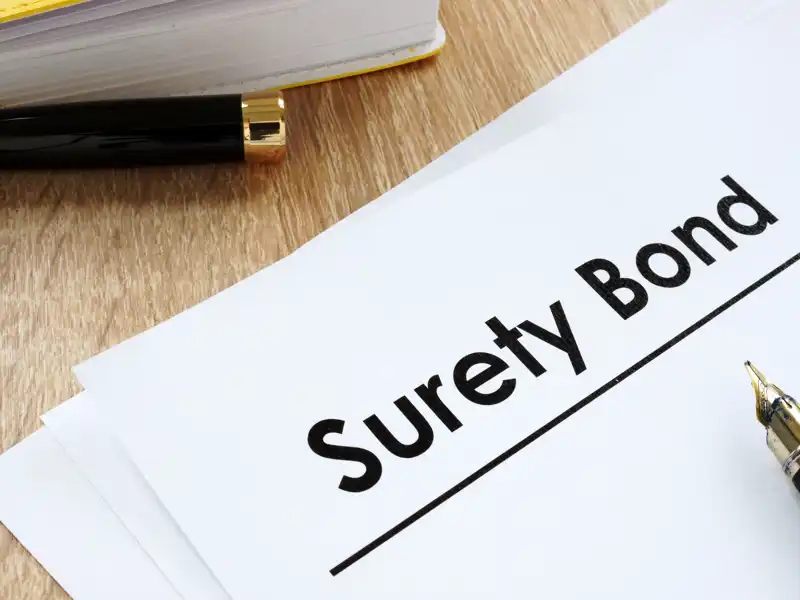
In most states, it is required for contractors to get a bond. They act as a guarantee to potential clients that they will live up to specific standards of operation, relative to the industry they are in. What is a contractor's bond in essence? It is a protection for residential or commercial customers against fraud or poor workmanship that is way below industry standards. Whereas performance bonds ensure that the contractor fulfills the terms of a contract, a contractor license bond ensures that the contractor will live up to state or local licensing requirements.
In legal terms, these bonds are a binding contract between three parties, a principal, an obligee, and a surety. The principal is the contractor who is seeking the bond for his business, the obligee is the organization imposing the bond requirement on the contractor, and the surety is an insurance company that guarantees their obligations. In the event of any claim, the surety company would pay the amount of the claim, but would then be reimbursed by the principal.
It is much more desirable for contractors to live up to the terms of any rules or regulations which apply, rather than to allow a situation to develop into a claim of unfulfilled bond terms. When that happens, an obligee would naturally seek financial restitution in lieu of unfulfilled terms, and the surety would have to pay the bond amount, as well as any legal costs involved. Ultimately, however, all those costs would then trickle down to the principal, who could suffer a major blow to their business.
As stated previously, it is a legal requirement in most states that the contractor gets bonded in order to operate a business within the jurisdiction of the business community where he/she will operate.
The Process that Contractors Must Go Through In Order To Become Bonded
NFP is a bonding agency that is happy to walk you through the process. We are Bonding and insurance experts!
- Determine the type of bond needed - for working on public jobs such as municipal improvements, you would need a contract bond that covers any requirements in effect for the local area you'll be working in. This could mean that you would need a local contractor license bond in addition to a state contractor license bond. On top of that, you might conceivably be required to obtain multiple sureties as a guarantee of performance, if more than one type of work will be performed, e.g. construction work, electrical work, plumbing. It will be important to find out exactly which bonding requirements are necessary before you begin any work because local or state authorities would have the power to halt all work if licensing or bonding requirements are not met.
- Application process - this is actually considerably easier than the first step, where you have to research the specific kinds of bonds needed for legal operation on a given job and location. Once you know which bonds are necessary, you can apply online and wait to be approved by the agency you've applied with. We write all kinds of bonds including bid bonds, performance bonds, tax bonds, and more.
- Bond submission - assuming there are no hang-ups, the appropriate bonds will be delivered to you. When you receive them, you'll have to sign each bond, make a copy for your personal records, and then return the original to the appropriate government agency. In some cases, additional paperwork must be sent in as well, but this will be clearly identified in the bonding process for you.
- Receive your license - when the government agency receives your signed copy of the bond, it will then forward to you a required contractor license to operate legally within that state or local area.
At NFP, this is what we do every day. We help contractors get bonded, so they can get their business rolling. We are contractor bonding professionals and we know what you need. Contact us and we will get you bonded as soon as possible.





